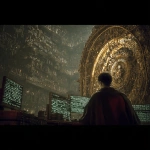Explore the Best AI Image Gallery

AI-Generated Media: A New Frontier in Creativity and Ethics
The realm of creativity is undergoing a profound transformation, driven by the emergence of artificial intelligence (AI) and its ability to generate media content. From text and images to music and video, AI algorithms are pushing the boundaries of whats possible, blurring the lines between human and machine creation. This burgeoning field presents both exciting opportunities and complex ethical challenges that demand careful consideration.
Potential Uses Across Industries
AI-generated media has the potential to revolutionize a wide range of industries:
- Advertising and Marketing: AI can personalize marketing campaigns, create compelling visuals, and generate targeted content at scale.
- Entertainment: From writing scripts and composing music to designing game environments and generating realistic special effects, AI can augment the creative process in filmmaking and gaming.
- Education: AI-powered tools can create interactive learning experiences, personalize educational content, and provide real-time feedback to students.
- Art and Design: AI algorithms can assist artists in exploring new concepts, generating novel designs, and pushing the boundaries of artistic expression.
Ethical Considerations: Navigating Uncharted Territory
While the possibilities are vast, the rise of AI-generated media raises several ethical concerns:
- Authenticity and Originality: Who owns the copyright to AI-generated content? How can we distinguish between human-created and machine-generated work?
- Bias and Discrimination: AI algorithms are trained on massive datasets, which may contain biases that perpetuate existing societal inequalities. Its crucial to ensure that AI-generated media is fair, inclusive, and representative.
- Job Displacement: As AI takes on more creative tasks, there are concerns about the potential impact on human employment in creative fields.
- Misinformation and Manipulation: The ability to generate realistic fake news, deepfakes, and other forms of manipulated media poses a serious threat to truth and trust.
Future Trends: Shaping the Landscape of Creativity
The future of AI-generated media is likely to be shaped by several key trends:
- Increased Personalization and Customization:** AI will enable the creation of highly personalized content tailored to individual preferences and needs.
- Emergence of New Creative Tools: We can expect the development of innovative tools that empower both humans and AI to collaborate in creative endeavors.
- Emphasis on Ethical Development and Regulation: As AI becomes more integrated into creative processes, it will be crucial to establish clear ethical guidelines and regulations.
- Continued Advancements in Generative Models:** Researchers will continue to refine AI algorithms, pushing the boundaries of whats possible in terms of generating realistic and creative content.
AI-generated media represents a paradigm shift in the creative landscape, offering both immense potential and significant challenges. By embracing responsible innovation, fostering ethical discourse, and promoting collaboration between humans and machines, we can harness the power of AI to unlock new frontiers of creativity while mitigating its potential risks.





](https://images.ai-img.art/thumbnails/150/786d3898a4574da9c53e922bd2a30035084a90a9a6f5cc6bee514d0150ba3403.webp)


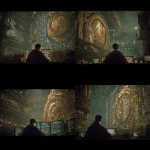



](https://images.ai-img.art/thumbnails/150/0d2c5ff24ca9024b95b5f0d1d0e673146e5dd5f31c7b3a7092322afe4a3c46eb.webp)

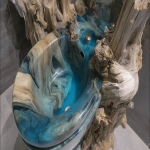



](https://images.ai-img.art/thumbnails/150/69daab74527edc292198788487e2d0d5f1bb1aba897d85b79ff4015ea305631d.webp)
](https://images.ai-img.art/thumbnails/150/7889b264cc5c27f6b7a00af1767a689c9df2b49d36667764d8322ae0c0fed64a.webp)
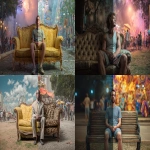

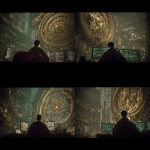
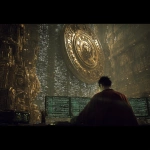





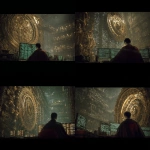
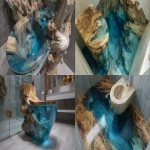












](https://images.ai-img.art/thumbnails/150/8fd5788e152269ccc7eeb4a5287499cc5f55ca46d75afc237030f50a1b60c6ca.webp)

](https://images.ai-img.art/thumbnails/150/24ccaad8968bce75611aa4ff739695d61b7d06bd128d44cfbb3a6c46be30ed33.webp)
